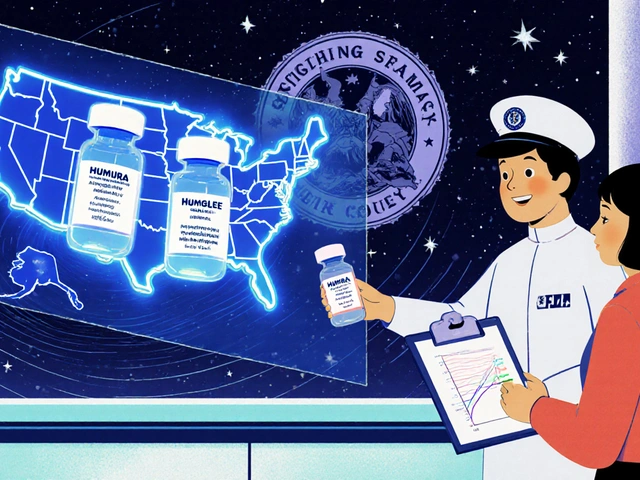Health Supplements: How to Choose Safe, Effective Options
Over half of adults take at least one supplement, yet most pick brands by price or ads. That can leave you wasting money or risking interactions. This page helps you choose supplements that actually help and stay safe.
Supplements are vitamins, minerals, herbs, amino acids and probiotics meant to fill gaps. They can help if your diet lacks nutrients, you have a medical need, or a doctor recommends one. Think vitamin D for low sunlight, iron for diagnosed deficiency, or B12 for people over 60 or vegans.
How to pick the right supplement
Start by asking: do you need it? Get a blood test or ask your doctor when possible. If you don’t have a clear deficiency, a high-dose product may do nothing or cause harm. Choose supplements backed by reliable evidence — not just influencer hype. Look for clinical studies or guidance from major health bodies when deciding.
Read labels closely: check active ingredient, dose, serving size, and other ingredients. Avoid proprietary blends that hide amounts of each component. Prefer standardized extracts for herbs so you know the active level. Check for third-party testing seals like USP, NSF, or ConsumerLab to confirm purity and label accuracy. If a product claims to cure diseases, that’s a red flag — supplements support health, they don’t replace medical treatment.
Safety, interactions, and quality checks
Supplements can interact with drugs — for example, St. John’s wort reduces effectiveness of some antidepressants and birth control. Vitamin K can affect blood thinners; fish oil can thin blood at high doses. Tell your doctor and pharmacist about every supplement you take. Start low: try a lower dose first and watch for side effects like stomach upset, headaches, or rash. Pregnant or breastfeeding people, children, and people with chronic conditions should consult a clinician before starting new products.
Some supplements have strong support: vitamin D for deficient people, omega-3 for heart health in certain groups, and folic acid for pregnancy planning. Probiotics can help some digestive conditions but effects vary by strain. Multivitamins can be a simple insurance policy if you have a restricted diet, but they’re not a substitute for whole foods.
Store supplements in a cool, dry place and follow expiration dates; potency drops over time. Cheap isn’t always bad, but extremely low prices can mean poor quality or contamination. Use pharmacy or reputable online stores and check return policies.
Some practical dose notes: vitamin D is often 800–2000 IU daily for maintenance but follow your blood test; omega-3 supplements usually provide 250–1000 mg of combined EPA and DHA depending on your needs; iron dosing varies and can cause constipation, so take it with vitamin C for better absorption. Avoid long-term high-dose fat-soluble vitamins without medical advice. Read customer reviews for side effects and check manufacturer contact details for batch or safety information.
Quick checklist: get tested if possible, consult a clinician, read the label, look for testing seals, start with evidence-backed doses. Keep a list of your supplements and prescriptions to avoid dangerous mixes.
Want specific recommendations for vitamin D, omega-3, or probiotics? Check our articles for clear, practical tips.
 23 January 2025
23 January 2025
Discover the Immune-Boosting Benefits of Cajeput Oil Supplements
Cajeput oil supplements have gained popularity for their potential to strengthen the immune system and provide various health benefits. Derived from the Cajeput tree, this essential oil offers antiseptic, anti-inflammatory, and analgesic properties. When used as a dietary supplement, it may assist in maintaining overall well-being and enhancing health resilience. Learn about the origins of Cajeput oil, its major benefits, and how to incorporate these supplements into your daily routine.
Latest Posts
-

How Severe Stomach Pain Can Signal Liver Disease
-

Interchangeability: When Biosimilars Can Be Substituted Automatically
-

Barrier Repair in Eczema: How Ceramides and Proper Bathing Restore Damaged Skin
-

Prediabetes Reversal: Lifestyle Changes to Prevent Type 2 Diabetes
-

Sensitive Skin Care: Fragrance-Free Routines and How to Test Products Safely

10